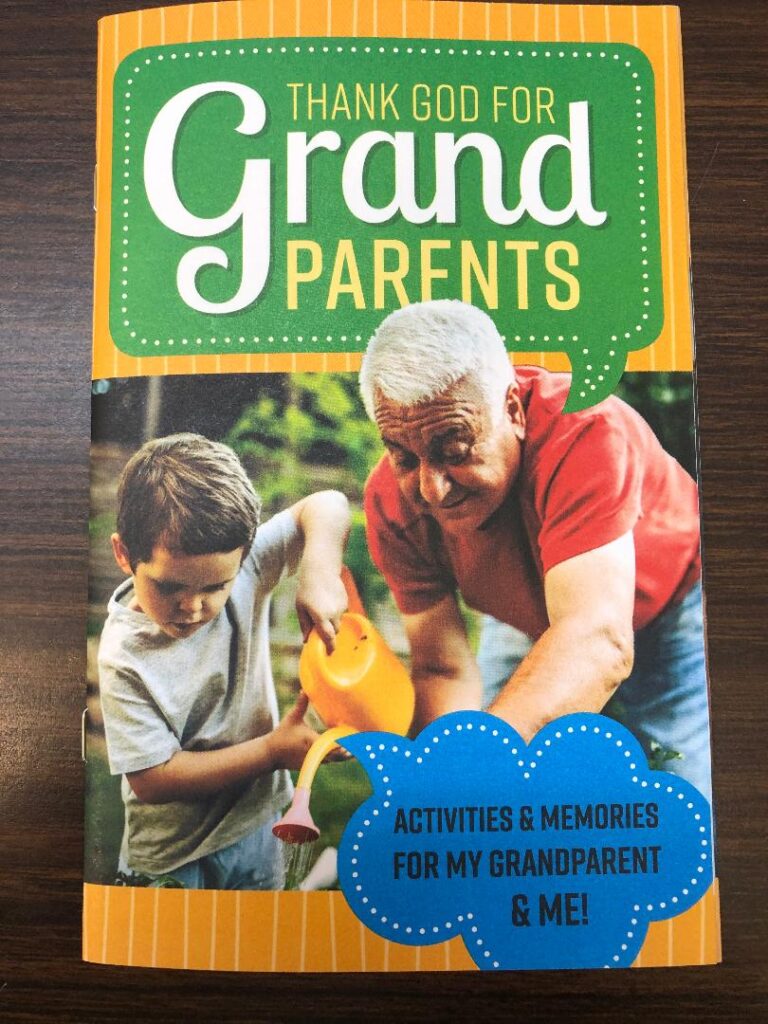A Poem for Forgiveness
For Pastor’s Corner today I wanted to share I poem that I’ve mentioned several times in Bible Study and have used in pastoral care and sermons in the past. It comes from a familiar source for me, my father John who’s life and poetry has inspired me to see the world as a place of miracles and theological revelation even in the everyday emotions and experiences that open up into much more. Here is a poem he wrote about a vision of forgiveness opening up in the middle of his morning routine and as the poem’s title says “in the middle” of his life.
Our texts yesterday had to do with mercy and forgiveness and how hard it can be to forgive and keep up with God’s mercy, when our human nature often makes us prefer judgement and preferential treatment for us and those close to us. In this poem we have an image of God’s grace covering over all of those feelings and an invitation to jump into that forgiveness and yet why is that so hard for us to do? It was hard for Jonah, it was hard for the Prodigal Son’s older brother, it was hard for the workers in the field that had worked longer for the same pay and it is hard for us too! But the invitation is always there and we each might be blessed with a surprise vision of that invitation into forgiveness in our own lives and daily routines.
Standing in the Middle of My Life
Down this road above my Mississippi,
along Lake Pepin, I have often walked
but never seen what I have seen today.
Down the steep bank through sumac reds
and past the ash and willow yellows,
impossibly swimming in cold October water,
were all the people I can’t forgive
and all I fear who can’t forgive me.
And they all were happy, wet with forgiveness,
all glad to be wearing the same robe of water.
They were all one and all was forgiven.
But how could I trust their faces
calling me into the same water they swam in?
How could I let their water flow over me?
How can forgiving and being forgiven be the same?
How can both cover me as it covers them,
as is the nature of water?
How could I have stood and just watched?

